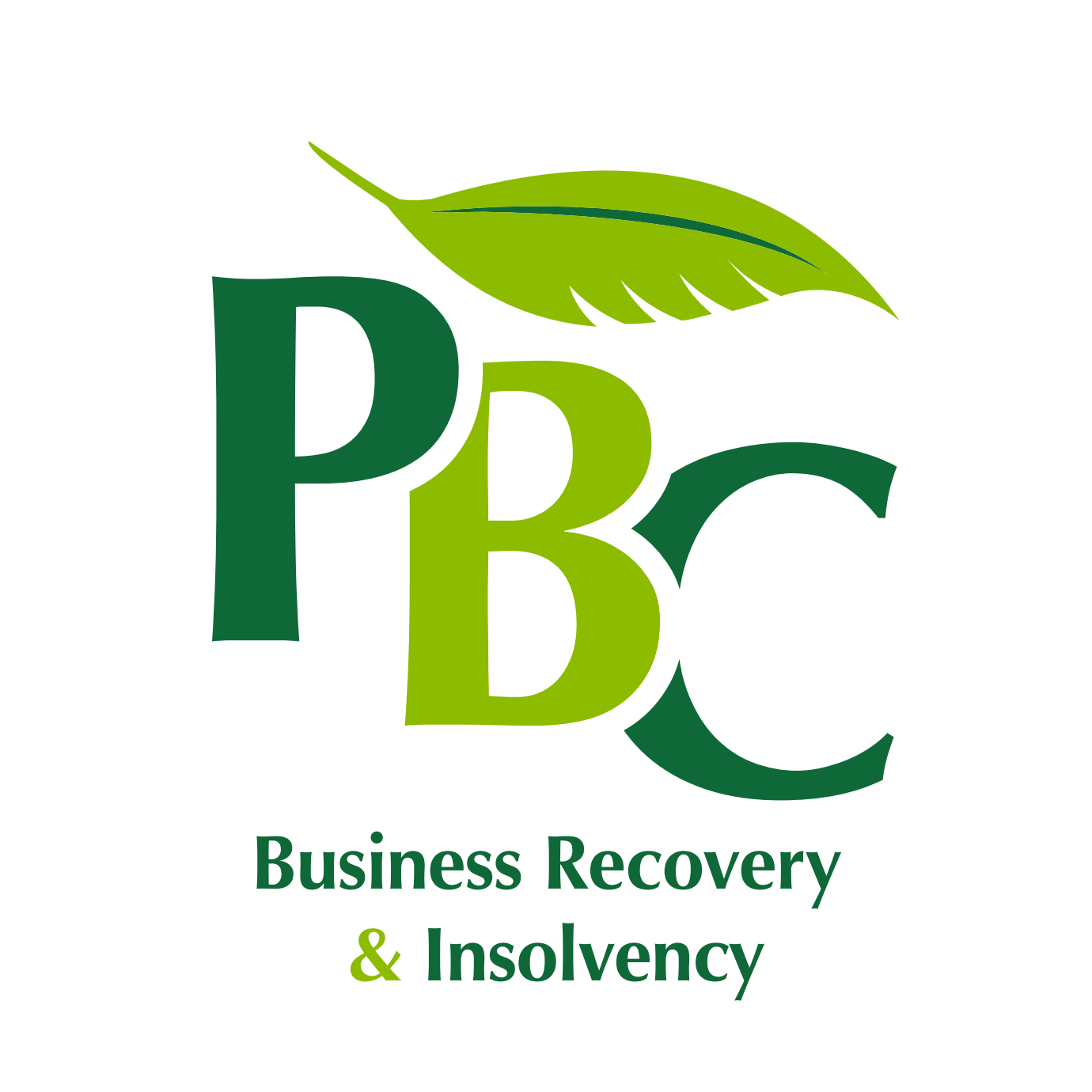Whilst we all might have our views on how Boris Johnson, Matt Hancock et al have handled the health impacts of the Covid-19 pandemic, one politician who has emerged with his reputation enhanced is the Chancellor of the Exchequer, Rishi Sunak, and that’s not just because he has been nicknamed “Dishy Rishi”.
Whilst there is inevitably some people who have fallen through the cracks, the Chancellor’s support schemes have included the Coronavirus Job Retention Scheme (commonly known as the furlough scheme) – with 9.4million employees furloughed as at 5 July 2020, the Self-Employment Income Support scheme – with 3.5million people supported, and CBILS and Bounce Back Loans totalling £45billion as at 5 July 2020.
While this is a staggering amount of support that Mr Sunak has offered to UK businesses, there’s the potentially slightly controversial opinion that these schemes make things worse for the directors and their companies.
At PBC, we always raise awareness about seeking advice at the earliest possible opportunity as this gives the greatest chance of survival, the largest range of options available and minimises the risk of directors entering the “elephant traps” of antecedent transactions or breaches of their statutory duties. But we are worried that some directors are believing that the government support schemes, combined with the suspension of wrongful trading provisions from 1 March – 30 September 2020, mean that their business will be fine once the Covid-19 restrictions are fully lifted and trading conditions return to business as normal.
However, while the furlough scheme helped towards wages and other schemes were designed to support business survival, liabilities such as utilities, rent, financial commitments etc will have continued to accrue. In addition, it is unlikely that conditions will return to a “Pre Covid normal” for a significant period of time and businesses should be focussing on how they will adapt to the “new-normal” and ensure that they remain solvent and their cashflow is healthy.
Our concerns about the schemes making things worse are highlighted by a well published survey that reports just under half of Bounce Back Loans will not be repaid. Are these loans being taken out purely to see the business survive for a few more months and enable the director to profit from the business before it fails? Bounce Back Loans were publicised with no liability on the director or that no recovery action could be taken against a borrower’s main home. However, while the loans were for business purposes only we have heard of scenarios where the loans have been taken into the company and then used to pay off the director’s personal debt. This could lead to personal liability for the director and we urge all directors to seek independent advice on the use of the benefits received from the schemes
Should you have an insolvency-related issue then please contact me at PBC Business Recovery & Insolvency on (01604) 212150 (Northampton office) or (01234) 834886 (Bedford office). Alternatively, you may send an email to jamiecochrane@pbcbusinessrecovery.co.uk or access our website at www.pbcbusinessrecovery.co.uk









